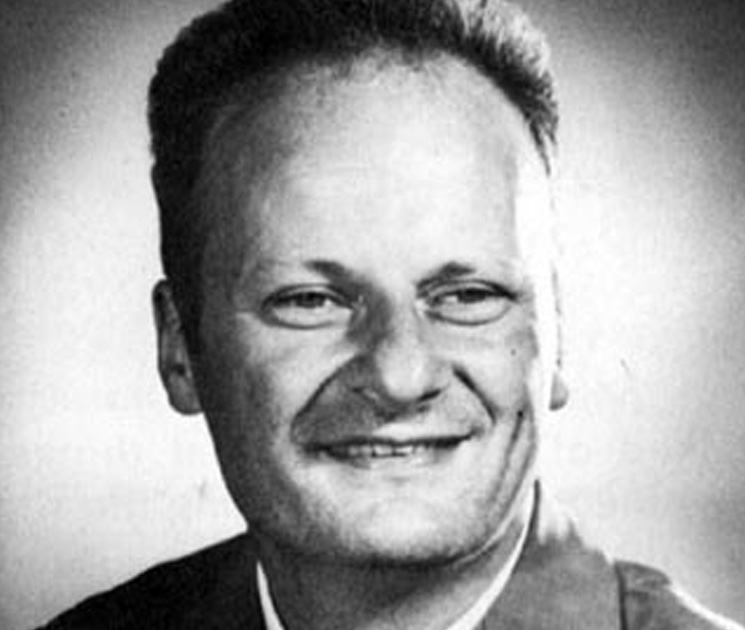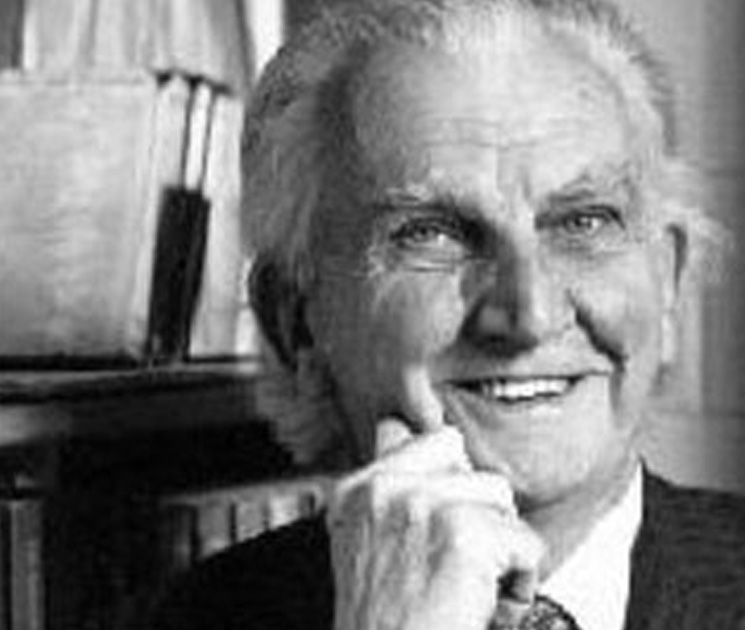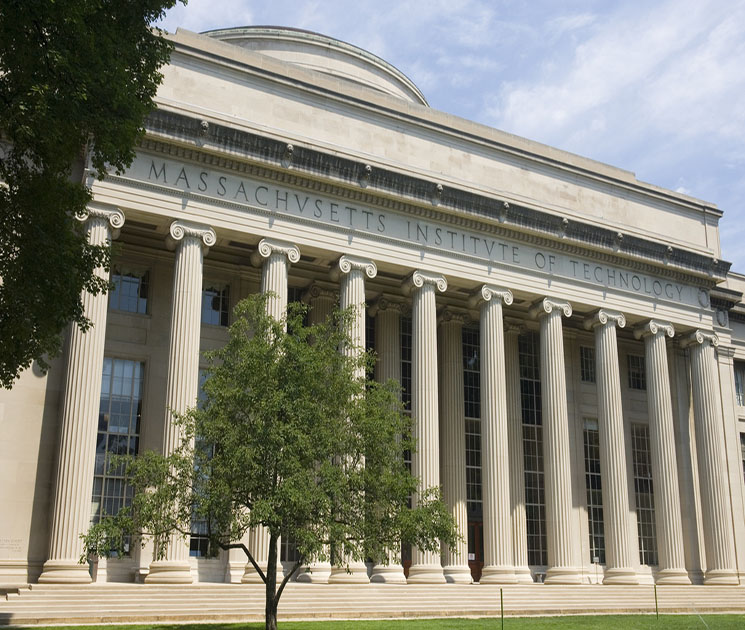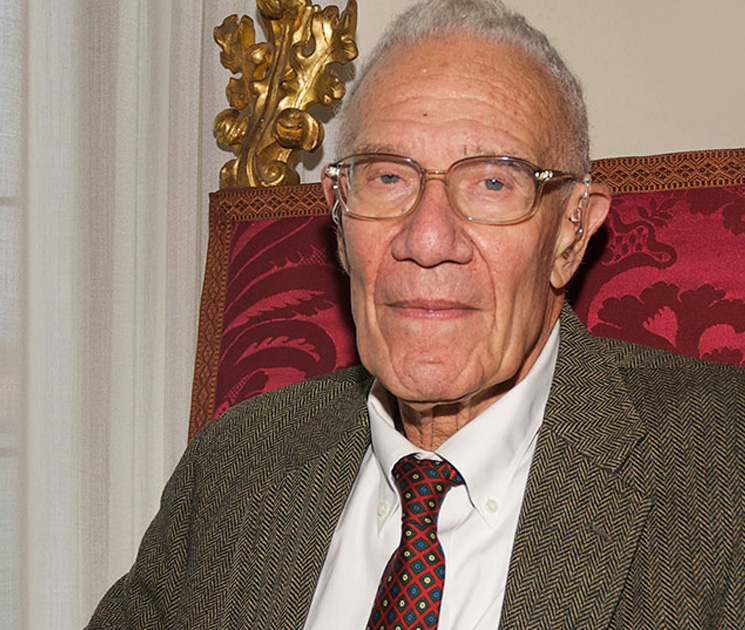Hans Bethe (1906–2005) completed his PhD in theoretical physics in 1928. He then held a position as acting assistant professor at the University of Tubingen, which he lost after fleeing the Nazi regime in Germany. Bethe emigrated to England in 1933, where he held a position as lecturer at the University of Manchester, later receiving a fellowship at the University of Bristol in the fall of 1934. In 1935, he was appointed assistant professor at Cornell University, promoted to professor in the summer of 1937.
Professor Bethe’s work brought him to work on microwave radar in the Radiation Laboratory at MIT during the war and later to the Los Alamos Scientific Laboratory to develop the first atomic bomb. He returned to Los Alamos for half a year in 1952. Two of his sabbatical leaves were spent at Columbia University, one at the University of Cambridge, and one at CERN and Copenhagen.
Professor Bethe’s main work was concerned with the theory of atomic nuclei. This work and also the existing knowledge on nuclear theory and experimental results was summarized in three articles in the Reviews of Modern Physics, which for many years served as a textbook for nuclear physicists. His work on nuclear reactions led to the discovery of the reactions which supply the energy in the stars. Bethe’s main achievement in this connection was the exclusion of other possible nuclear reactions. The Nobel Prize was given for this work, as well as his work on nuclear reactions in general.
In 1955 Professsor Bethe returned to the theory of nuclei, emphasizing a different phase. Since then, he examined the theory of nuclear matter whose aim it is to explain the properties of atomic nuclei in terms of the forces acting between nucleons. During the 1980s and 1990s, Professor Bethe campaigned for the peaceful use of nuclear energy. After the Chernobyl disaster, he put together a committee of experts that analyzed the incident and concluded that a similar episode would not happen in any good US reactor. Throughout his life, he remained a strong advocate for nuclear energy. In the 1980s, Professor Bethe and other physicists opposed the Strategic Defense Initiative missile system conceived by the Ronald Reagan administration. In 1995, at the age of 88, he wrote an open letter calling on all scientists to “cease and desist” from working on any aspect of nuclear weapons development and manufacture.
Professor Bethe gave three Compton lectures:
- “Energy Problem I: The General Problem and Alternate Solutions.” October 29, 1975
- “Energy Problem II: Is Nuclear Power Acceptable?” November 5, 1975
- “Energy Production in Stars: From the Sun to Neutron Stars.” November 13, 1975
For more,
- Biography from the Nobel Prizes
- Obituary in the New York Times










